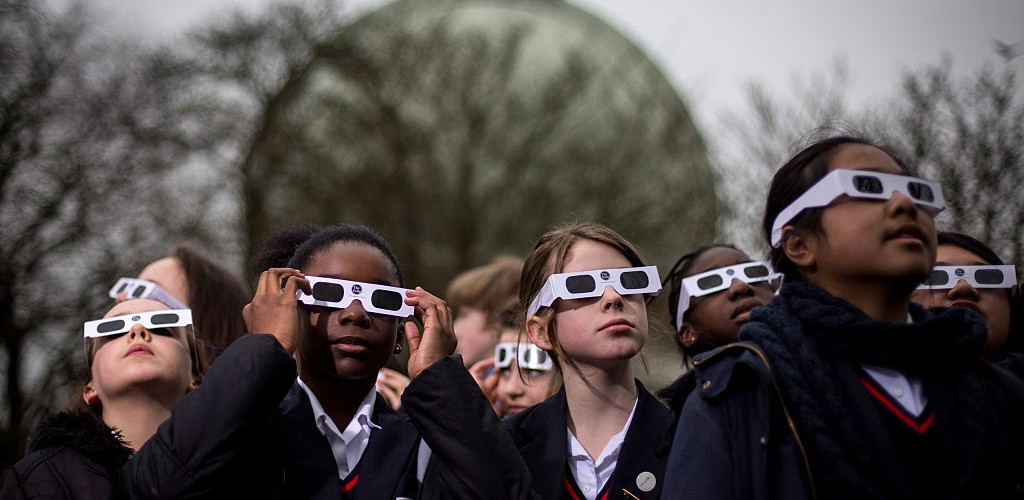


Flipboard's page for news about science including space, climate change and more — from trusted sources. All posts written by human editors, especially for Mastodon.
For more science coverage, follow Flipboard's federated Science Desk (@science).
Header photo: Students observe a solar eclipse on March 20, 2015, in London. Photo by Rob Stothard/Getty Images.
This profile is from a federated server and may be incomplete. Browse more on the original instance.